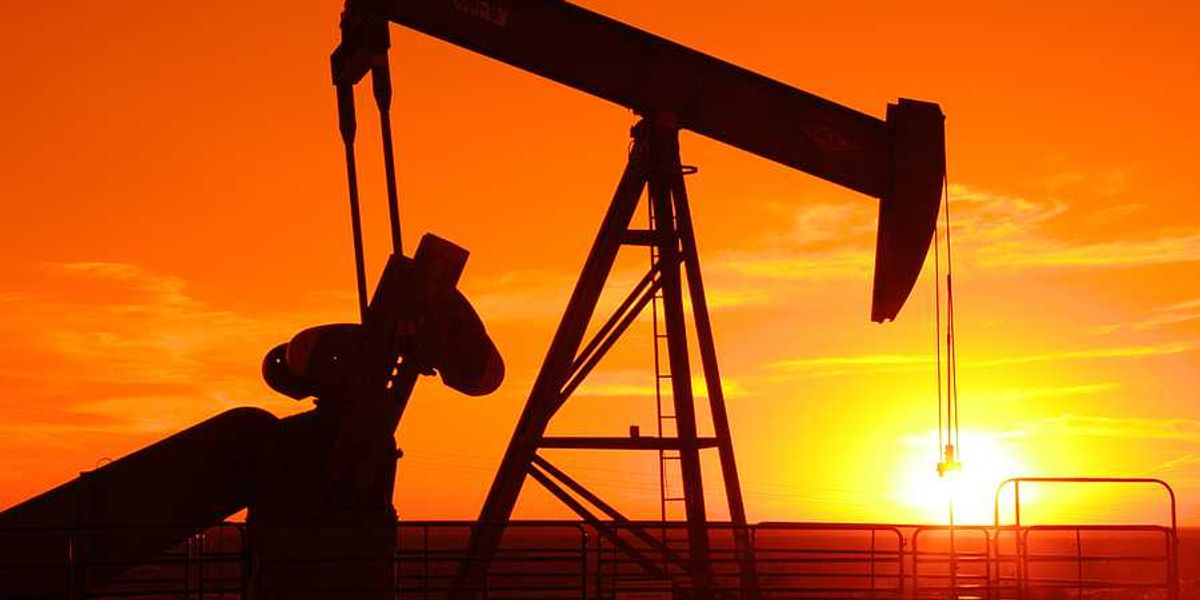groundwater threats
The East Coast's slow descent into the ocean intensifies threats from sea level rise
A recent study highlights the increasing peril to coastal communities from land subsidence and sea level rise, exacerbated by groundwater depletion.
Mira Rojanasakul and Marco Hernandez report for The New York Times.
In short:
- Satellite research by Virginia Tech and the U.S. Geological Survey emphasizes an urgent need to address coastal threats, with nearly 40% of Americans living in vulnerable areas.
- Groundwater overuse is pinpointed as a significant factor for the sinking land, aggravating the impact of global sea level rise.
- The study identifies "distortion hotspots" in areas like Cape Canaveral and the Delmarva Peninsula, where land movement threatens infrastructure.
Key quote:
“You have a hazard that is becoming worse every day with sea level rise.”
— Leonard Ohenhen, Ph.D. candidate at Virginia Tech.
Why this matters:
The slow encroachment of the sea, coupled with sinking land, poses a silent but escalating threat to infrastructure, homes, and emergency routes along the East Coast. Vulnerable populations with nowhere to go are likely to suffer the most.
Canada’s tar sands are a much larger source of air pollution than previously thought, study says
Dismantling of TVA's Bull Run Fossil Plant raises concerns over waste
Texas faces growing challenge in plugging abandoned oil wells
Despite receiving federal funds, Texas struggles to keep up with an increasing number of abandoned oil wells; threatening land, water and human health.
- The Texas Railroad Commission's list of wells to be plugged has grown to nearly 8,200, up 3% since August 2022.
- Texas plugged 19,000 wells from 2005 to 2022, but the list of orphan wells increased by 21,000 during the same period.
- Federal funding has helped Texas plug 730 wells, the most in any state, but state funding for well plugging has declined.
Key quote:
“The responsibility should bear mostly on the industry, and maybe the rules do need to change. That’s going to be tough in the current political environment. The oil and gas industry is an important part of the economy.”
— Rep. Armando Walle, D-Houston, chair of House appropriations subcommittee
Visit EHN's energy section for more top news about energy, climate and health.
This rural township is trying to make it easier to fight injection wells
After Fayette County’s first proposed injection well is withdrawn, residents are still worried
The danger upstream: In disposing coal ash, one of these states is not like the others
Toxic coal ash has polluted Alabama’s waters for years. Is the state doing enough to stop it?









